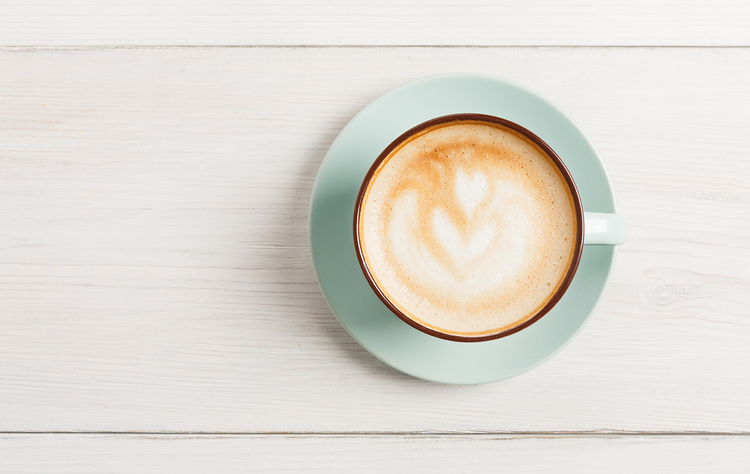The Perks of Your Coffee Habit

Five reasons your morning coffee is so much more than a caffeine boost.
There are few things more universal in our culture than the need for a morning cup of coffee. Although the desire (addiction) varies by person, it is rare to find someone who can make it through their morning commute without a cup of Joe. The average American guzzles about 2.7 cups of coffee per day and there are no signs that number will be simmering down any time soon.
In celebration of National Coffee Day (September 29), 24Life pulled together the top five things to know (and celebrate) about your relationship with coffee.
- Drinking coffee could lead to a longer life: A 2017 study published in The American College of Physicians’ Journal asserts that drinking coffee could lengthen your lifespan. The study—the largest thus far on coffee and mortality—surveyed more than 500,000 people across 10 European countries. Of those surveyed, those who drank coffee tended to have lower inflammation levels, healthier lipid profiles and better glucose control compared with those who didn’t. However, it is still unclear which particular compounds in coffee provide the aforementioned health benefits. In another study, coffee drinkers over the age of 45 were reported to have lowered their risk of dying thanks to their daily cups of coffee.
- Americans receive more antioxidants from coffee than anything else: Although fruits and vegetables are generally touted as a top source of antioxidants, according to a 2005 study by University of Scranton, Americans get more antioxidants from their morning (or afternoon) cup of coffee. And, decaf lovers rejoice: Both caffeinated and decaf versions offer similar antioxidant levels!
- Coffee might heal your liver (even if you’ve enjoyed one too many bottomless mimosa brunches): A 2006 study conducted by Kaiser Permanente analyzed data from more than 125,000 people at risk for developing liver disease. Over the 22-year period, participants who regularly consumed coffee had healthier livers than those that did not. Those that drank tea, however, did not have the same results, signifying that it’s not the caffeine, but some other compound in coffee producing these results.
- Coffee can literally make you happier: A study done by the American Academy of Neurology found that those who drink four (or more) cups of coffee every day were roughly 10 percent less likely to be depressed than those who don’t drink coffee. It’s easy to assume that’s just from the “caffeine high,” but Coca-Cola can also produce a caffeine high and it has been linked to depression. The suggested reason coffee makes you feel happier? You can thank those wonderful antioxidants we talked about above.
- The caffeine in coffee could help you get a better workout: A 2011 study by Coventry University asked 13 fit men to work out after drinking a caffeinated beverage (consumed an hour prior to the workout) and again without having any caffeine. Exhaustion hit the athletes much later when caffeine had been consumed before to the workout. And, according to this study in 2011, more than two-thirds of roughly 20,000 Olympic athletes tested had caffeine in their urine. As one of the few drugs allowed by the USOC, even elite athletes are on to this trend of consuming caffeine to prepare for a tough workout.
Coffee can provide the jolt you need to get ready for the day, but it also appears to offer several health benefits. While there has been some controversy over the years over whether coffee is good or bad for you, it’s up to each coffee drinker to weigh the positives against the potential negatives for themselves.
Why your iced coffee isn’t giving you the afternoon caffeine buzz you’re looking for. Plus, the pros and cons of using coffee to fuel your workout.
Photo credit: Milkos, Thinkstock